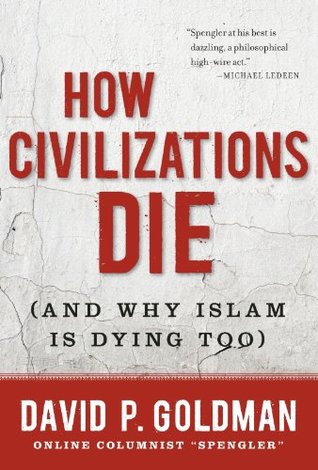Archaeologists tell us that every city in the Eastern Mediterranean burned between 1206 and 1150 B.C.E. The prehistoric Greek civilization of Mycenae, the Hittite Empire in Asia Minor, and the Egyptian Empire in Syria and Canaan disappeared into a Dark Age more than a millennium before the birth of Christ. We read of this first Great Extinction in the accounts of the fall of Troy, Mycenae, and Jericho. The Hittite Empire had already buried countless little cultures in the sands of Mesopotamia and Asia Minor. We hear a distant echo of Hittite and Assyrian conquests in the names of the nations
Archaeologists tell us that every city in the Eastern Mediterranean burned between 1206 and 1150 B.C.E. The prehistoric Greek civilization of Mycenae, the Hittite Empire in Asia Minor, and the Egyptian Empire in Syria and Canaan disappeared into a Dark Age more than a millennium before the birth of Christ. We read of this first Great Extinction in the accounts of the fall of Troy, Mycenae, and Jericho. The Hittite Empire had already buried countless little cultures in the sands of Mesopotamia and Asia Minor. We hear a distant echo of Hittite and Assyrian conquests in the names of the nations that Rome absorbed or destroyed: the Illyrians, the Sicani, the Quadians, Sarmatians, Alans, Gepidians, Herulians, and Pannonians. Of most of these dead cultures we know nothing at all; the very few of whose existence we are aware typically left nothing behind but a desiccated sandal strap or a pottery shard. Linguist David Crystal estimates that somewhere between 64,000 and 140,000 languages have been spoken over the course of human history.2 That is not an actual count, of course, but rather a statistical estimate based on analysis of the rate of mutation of the few languages we know; we cannot count the vast majority of dead languages because no trace of them remains. We have written records of only seventy-five extinct languages which once were spoken between the Atlantic and the Black Sea: Bithynian, Cicilian, Phrygian, Sumerian, Hittite, and Elamite, among them. Most of these rec...
...more
This highlight has been truncated due to consecutive passage length restrictions.
records are fragmentary. A single book survives from the rich literature of the Etruscans, the Italian people whom Rome conquered and absorbed, but it is unreadable, for we can decipher only a few words of their lost language.


